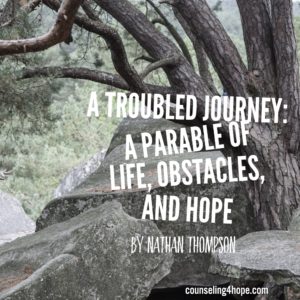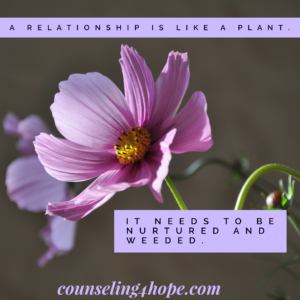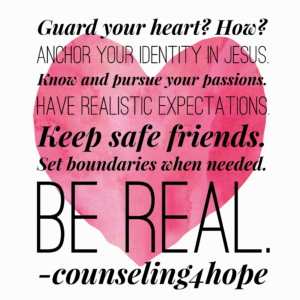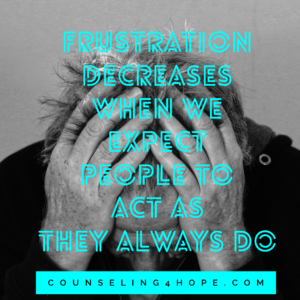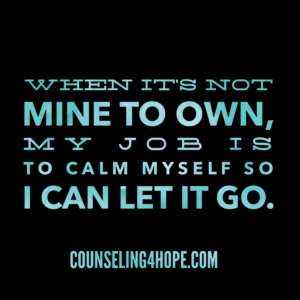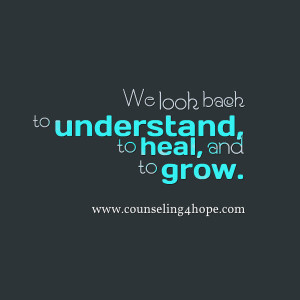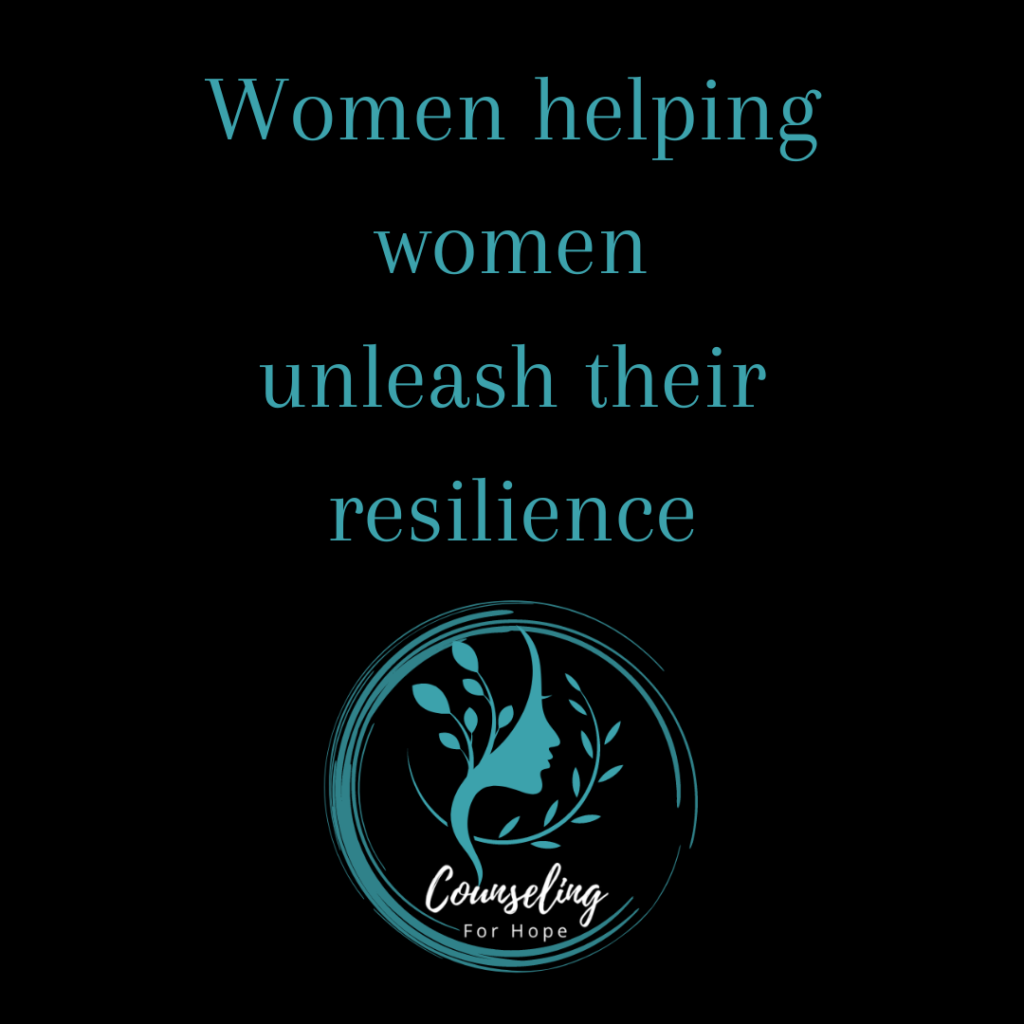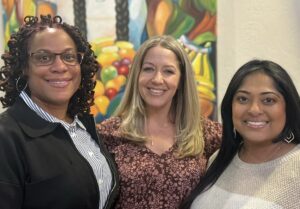Learn how to heal relationships and how conflict resolution is possible when faith and psychology work together.

At the core of every fractured relationship is a deeper, often unseen, spiritual reality. When we shift our perspective and recognize that the true enemy of our connection is not each other—but Satan himself—we begin to walk toward healing. Scripture reminds us that the entrance of sin into the world is what gave birth to strife and brokenness in human relationships (Genesis 3). Since that moment, we’ve wrestled with insecurity, selfishness, pride, and pain—all rooted in the fall.
So how do we heal? How do we live in peace with one another?
1. Recognize the Real Enemy
From a Biblical and counseling perspective, the first step is perspective. When we stop blaming one another for every hurt and offense and instead acknowledge the spiritual battle behind our divisions, our hearts begin to soften. Too often, we see the person who hurt us as the enemy. But Scripture tells us the real offender is Satan, who comes to steal, kill, and destroy (John 10:10). If we understood that Satan delights in sowing discord, we might become more gracious, more forgiving, and less self-protective. Counseling psychology teaches that empathy—the ability to see from another’s viewpoint—is key to emotional regulation and conflict resolution. But Biblical empathy goes even further: it calls us to see others as God sees them—broken, yes, but deeply loved and worth redeeming. Instead of fighting each other, we start fighting for each other.
This shift in mindset leads to greater grace, deeper forgiveness, and a willingness to seek reconciliation. From a counseling perspective, this is called reframing, and it’s a powerful tool in emotional healing.
2. Accept Human Imperfection
We often place unrealistic expectations on the people in our lives. We want them to meet our every need, to always understand us, to never fail us. But humans weren’t designed to carry that weight. Only Christ can supply our deepest needs and heal the wounds we carry. The freedom in realizing this truth allows us to accept the imperfections of others without demanding perfection from them.
Christian counseling and psychology emphasizes emotional regulation and healthy boundaries. Biblically, this is about seeing others through the eyes of grace. It’s choosing compassion over criticism, humility over entitlement.
3. Let Christ Be the Healer
True healing begins when we acknowledge that humans, apart from God, are not fully capable of self-sacrifice and genuine love. Those things are fruits of the Spirit, not natural traits. As Galatians 5:22-23 reminds us, love, patience, kindness, and self-control are evidence of God’s work in us. So if we want to heal our relationships, we must draw from His well, not our own emptiness.
4. Surrender the Need to Be Right
In counseling terms, healing requires safety, trust, and mutual vulnerability—but in Christian terms, it also requires surrender. We must surrender our pride, our need to be right, our tendency to defend and protect. Choose peace over power. Only then can Christ begin to build bridges where we’ve burned them.
As we surrender our self-protective tendencies, we open the door to genuine connection. We allow trust to grow, safety to be restored, and love to flourish.
Final Thoughts: How to Heal Relationships Through Faith
Through both biblical truths and counseling psychology practices, we see that emotional healing and restored relationships are possible—but they begin with a shift in perspective, a heart of surrender, and a deep reliance on Christ.
So yes, our relationships would be better if we truly believed the enemy is not each other. And yes, healing begins when we look through the lens of grace and understand that only God can fully meet the needs we so often demand from others. When we turn toward Him, we are more free to turn toward each other.
And in that turning, we find peace.

